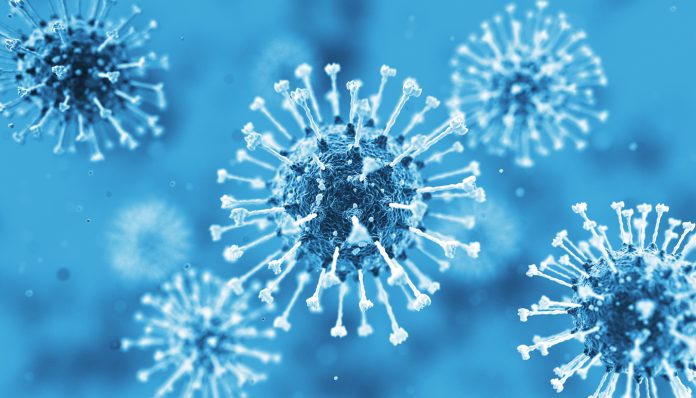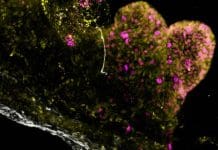After years of uncertainty, researchers at the University of Utah have discovered spinocerebellar ataxia 4 (SCA4), a rare neurological disease
Led by Dr. Stefan Pulst and K. Pattie Figueroa, the team identified the genetic difference causing SCA4, offering new hope for families affected by this condition.
SCA4 and the cause
SCA4 is a disease that affects balance and coordination, usually starting in a person’s forties or fifties. Its cause has been unknown until now, which has also meant that individuals with spinocerebellar ataxia 4 have not had answers about their future.
Using technological advances, Pulst, Figueroa, and their team were able to pinpoint the problem, a gene called ZFHX3.
The DNA of SCA4 patients has a longer-than-normal section in ZFHX3, which messes up how cells recycle proteins. This can lead to protein clumps that harm nerve cells, causing the symptoms of SCA4.
Using this discovery to find future treatments
Similar problems with protein recycling have been seen in another type of ataxia, SCA2. Scientists are already testing treatments for SCA2, and they think these could help SCA4 patients, too.
For families living with SCA4, knowing the cause of the disease is a big help. It can help with important decisions about family planning and healthcare. It also brings a sense of understanding to a disease that was previously a mystery.
Finding the genetic change that leads to SCA4 is essential to develop better treatments, Pulst says. “The only step to really improve the life of patients with inherited disease is to find out what the primary cause is. We now can attack the effects of this mutation potentially at multiple levels.”
Pulst, Figueroa, and their team made this discovery through biological samples, with the cooperation of SCA4 patients and their families.
Improving the life of patients with inherited disease
“The only step to improve the life of patients with inherited disease is to find out what the primary cause is. We now can attack the effects of this mutation potentially at multiple levels” Pulst says.
In uncovering the genetic secrets of SCA4, Pulst, Figueroa, and their team have given hope to families who are battling with the condition.








